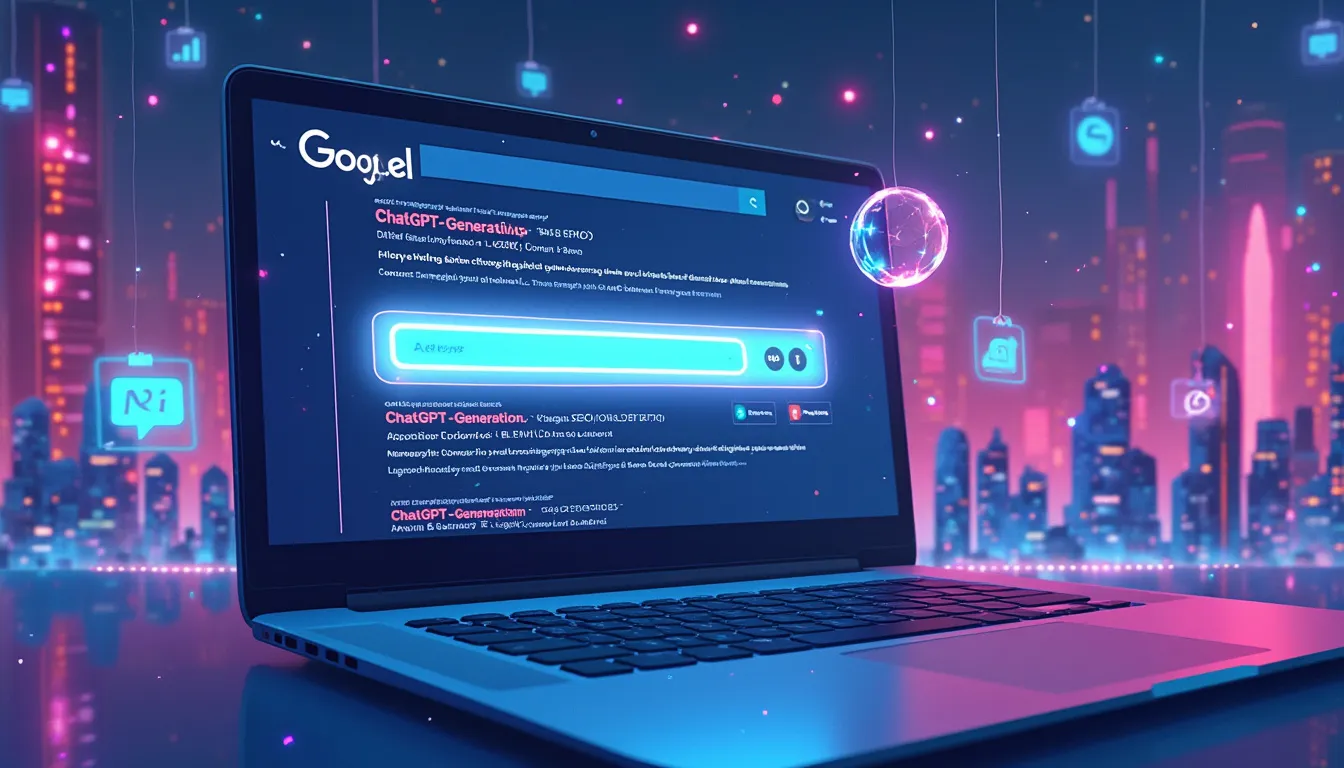Understanding Lead Generation in Your Sales Funnel
Lead generation is a critical aspect of any sales process, serving as the initial step in the journey of turning potential prospects into loyal customers. Effective lead generation strategies not only help to fill the sales funnel with quantities of potential leads but also emphasize the quality of these leads to optimize conversion rates. This guide delves into the nuances of mastering lead generation, ensuring a robust foundation for your sales strategy.
What Is Lead Generation?
Lead generation involves identifying and cultivating potential customers for a business’s products or services. It is a pivotal process in the sales funnel as it starts the prospect’s journey from awareness to consideration, and eventually to making a purchase decision. In today’s digital age, lead generation often involves a combination of digital marketing tactics alongside traditional approaches like networking, referrals, advertisements, and public relations.
Components of an Effective Sales Funnel
A well-structured sales funnel is comprised of several key stages:
- Awareness: Potential customers become aware of your product or service.
- Interest: They express interest in a particular type of product or service.
- Decision: Prospects consider whether to purchase your product or use your service.
- Action: Finally, they take action and purchase or sign up for a service.
Each of these stages requires different approaches and strategies for effective lead management and progression through the funnel.
Strategies for Mastering Lead Generation
1. Understanding Your Target Audience
Before embarking on lead generation, it is crucial to define and understand your target audience. This involves creating detailed buyer personas which include demographic information, behavior patterns, motivations, and goals. Understanding whom you are targeting helps tailor your marketing efforts and messages to meet the specific needs and interests of your audience, thereby increasing the relevance and effectiveness of your leads.
2. Leveraging the Right Channels
Different channels offer different advantages in the context of lead generation. While digital marketing channels such as social media, email marketing, and SEO are critical, don’t overlook offline channels such as networking events, trade shows, and direct mail. The key is to select channels that align most closely with where your target audience spends their time and engages with content.
3. Creating Compelling Content
Content marketing is powerful for lead generation because it provides value to users before asking for anything in return. By offering free, valuable content through blogs, eBooks, white papers, and webinars, you can attract potential leads and establish your brand as a thought leader in your industry. Ensure that your content is engaging, informative, and directly addresses the pain points or interests of your target audience.
4. Implementing Lead Magnets
Lead magnets are incentives offered to potential customers in exchange for their contact information or other forms of engagement. Examples include free trials, demos, free quotes, eBooks, and exclusive videos. These tools are essential for gathering contact details that can then be nurtured into full-fledged customers through email marketing and other follow-up strategies.
5. Effective Use of Landing Pages
Landing pages are another vital component in lead conversion. A well-designed landing page should provide essential information that is enough to entice the prospects to take action but not overwhelm them. It should be straightforward, with a clear call-to-action (CTA) and minimal distractions.
6. Tracking and Analytics
Finally, no lead generation strategy would be complete without a system to track success and analyze performance. Use analytics to measure the effectiveness of your lead generation strategies and make informed decisions to improve them. Metrics like click-through rates, conversion rates, and cost per lead are essential for assessing the health and efficacy of your sales funnel.
In conclusion, mastering lead generation is a multifaceted process involving a deep understanding of your audience, selecting appropriate engagement channels, creating compelling content, and effectively using digital tools to convert and measure leads. By refining these elements, businesses can build a robust lead generation engine that fuels a healthy sales funnel and drives business growth.
Get in touch with us to start generating leads for your business



